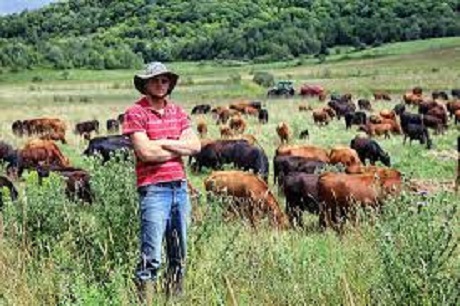17 November 2021
Now that COP26 is over, countries all over the world are making dramatic claims to reduce their emissions. Unfortunately, the food discussions at COP26 were largely dominated by plant-based groups claiming that meat eating must be dramatically reduced or end all together. Even the menus shamed meat consumption.

But the problem is, without cattle on Scottish pastures, biodiversity and overall ecosystem function will decline. I’ve been to Scotland, and when I was there, I spoke to farmers who told me how harsh the climate is for growing vegetables – it’s simply cold and not sunny enough for robust vegetable production. A vegan diet is simply not sustainable for someone who lives in Scotland, since most of their land is best suited for grazing.
Meanwhile, I’m excited to see Indigenous communities speaking out against those pushing an anti-meat agenda. On the Global Food Justice Instagram feed, I reposted an insightful piece from @wellforculture about how this shallow agenda violates their food sovereignty, and how short sighted it is to blame all meat production as environmentally destructive. Here’s a short quote:
“Anyone who is an anti-meat advocate should understand how recent this history is, how audacious it is to push this agenda on Indigenous populations, and how short-sighted it is to claim that “not eating meat” is a cut-and-dry solution to environmental problems…”
Food for thought indeed!
We bring leather, material and fashion businesses together: an opportunity to meet and greet face to face. We bring them from all parts of the world so that they can find fresh partners, discover new customers or suppliers and keep ahead of industry developments.
We organise a number of trade exhibitions which focus on fashion and lifestyle: sectors that are constantly in flux, so visitors and exhibitors alike need to be constantly aware both of the changes around them and those forecast for coming seasons.